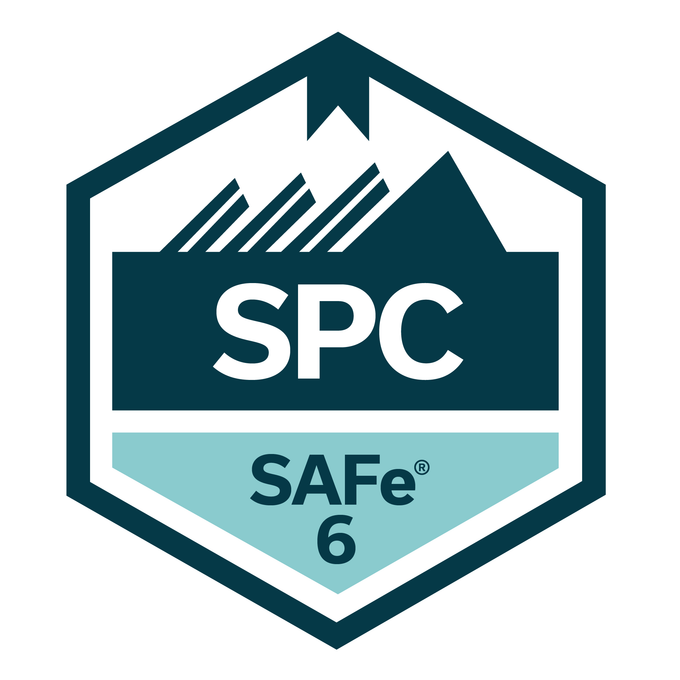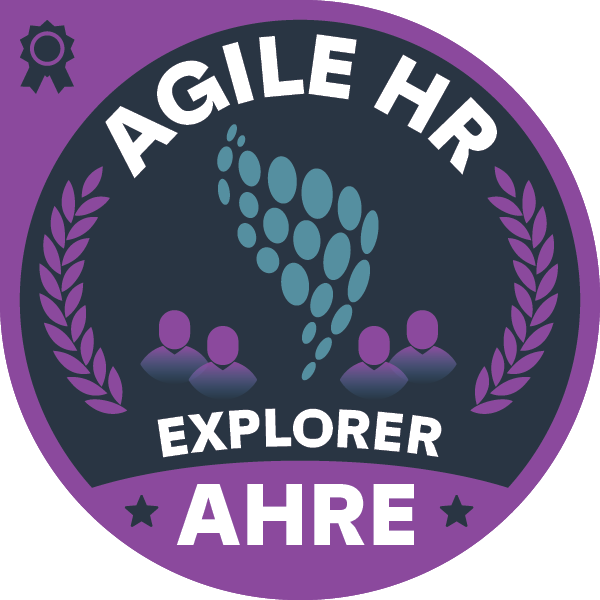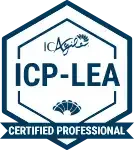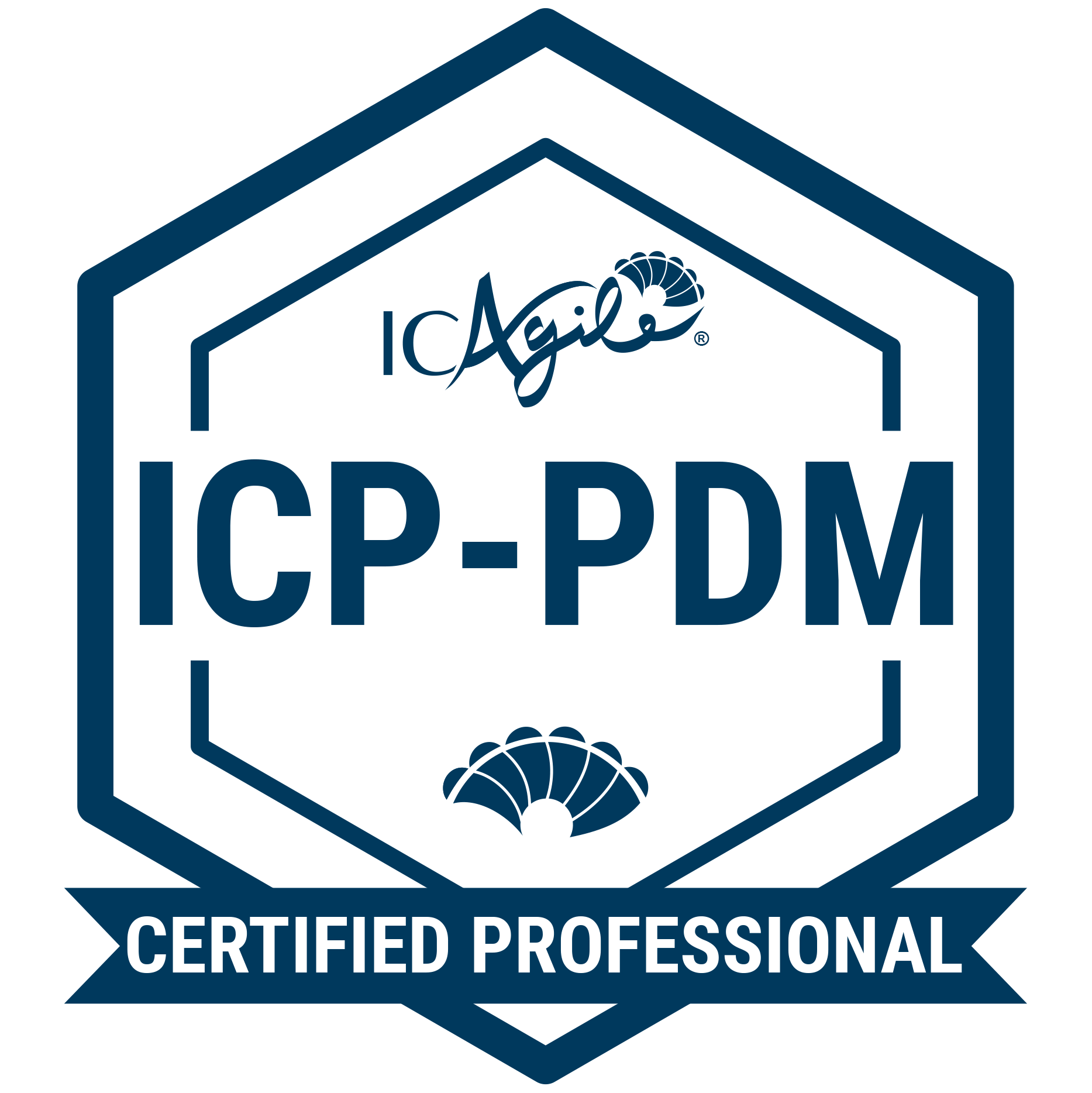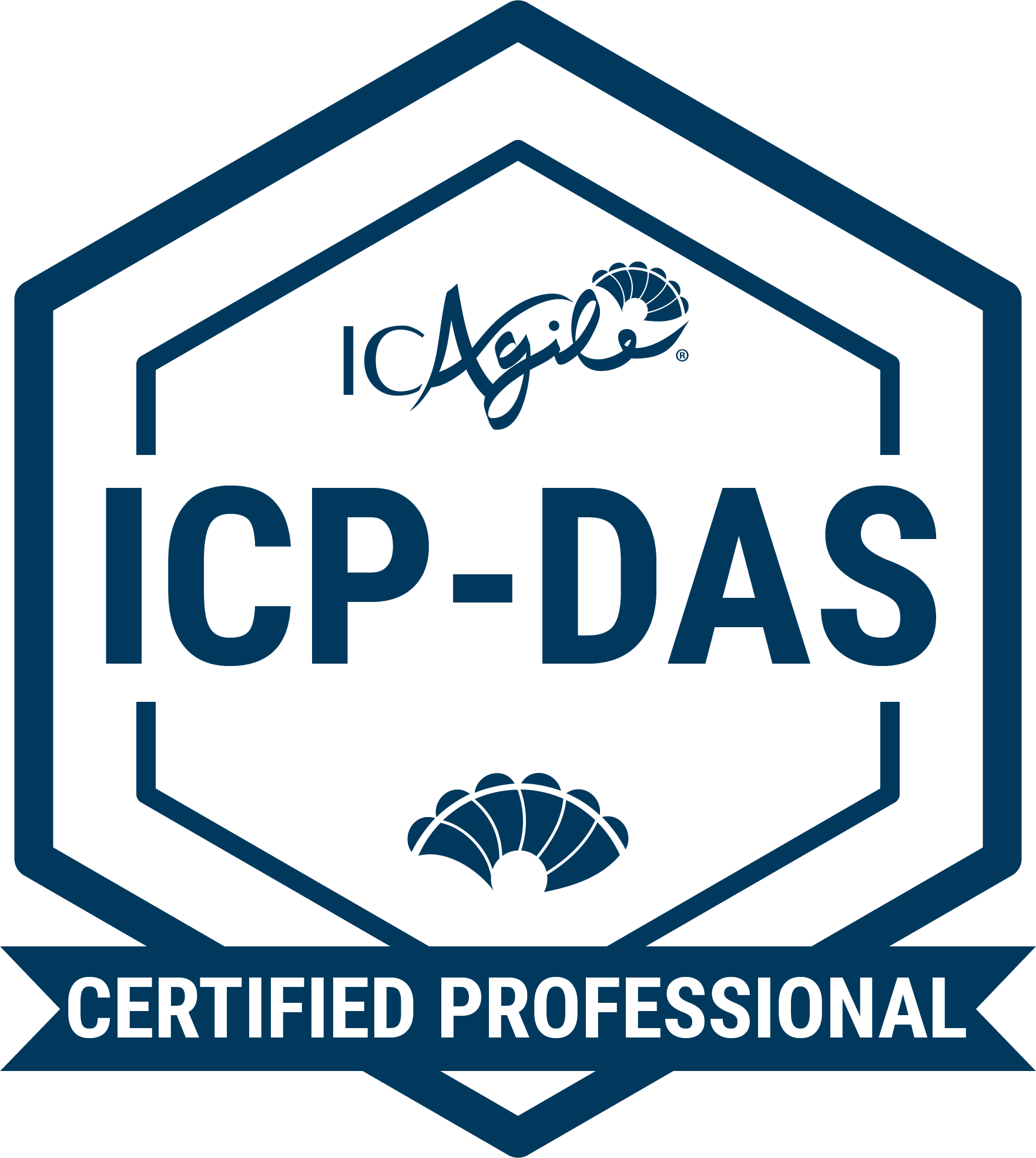Table of contents
-
A Brief History: From Lean to DevOps
-
Lean, Agile, and DevOps: Common Principles
-
Lean DevOps: Applying Agile Methodology to IT
-
Tools and Techniques in Lean DevOps
-
Why Lean DevOps Matters
-
Conclusion
When discussing Lean, Agile, and DevOps, people often attempt to draw distinctions between these methodologies. However, the reality is that these approaches are deeply interconnected. Lean thinking laid the groundwork, Agile built upon it, and DevOps emerged as a natural evolution.
All three methodologies share common objectives, such as faster time-to-market, increased efficiency, improved quality, and higher customer satisfaction. Understanding how Lean, Agile, and DevOps intertwine can help organizations achieve these goals more effectively.
A Brief History: From Lean to DevOps
Lean Thinking
Lean thinking originated long before the digital age, rooted in manufacturing processes. The concept traces back to Henry Ford's flow production and later evolved with Toyota’s innovations in the mid-20th century. The Toyota Production System (TPS) introduced key concepts like continuous improvement (kaizen), right-sizing, and efficient sequencing. These principles revolutionized manufacturing and laid the foundation for Lean, a philosophy focused on minimizing waste and maximizing value.
Agile Methodology
As the digital age advanced, developers faced challenges in delivering software quickly enough to keep pace with business needs. This led to the creation of the Agile Manifesto in 2001 by a group of software developers who sought a more flexible and iterative approach to software development. Agile emphasizes collaboration, customer feedback, and iterative progress, which aligns closely with Lean’s principles of continuous improvement.
DevOps
By the late 2000s, the need for faster IT service delivery and the emergence of cloud computing led to the rise of DevOps. DevOps extends Agile principles to include not just development but also the deployment, monitoring, and maintenance of software. It fosters a collaborative culture between development and operations teams, aiming to reduce time-to-market and improve overall efficiency.
Lean, Agile, and DevOps: Common Principles
Despite their different origins, Lean, Agile, and DevOps share several core principles that guide their implementation:
-
Continuous Improvement: All three methodologies emphasize the importance of constantly refining processes to improve efficiency and quality. This principle is at the heart of Lean’s kaizen, Agile’s iterative cycles, and DevOps’ continuous delivery.
-
Customer-Centricity: Whether it’s delivering a car, a software feature, or a cloud-based service, the end goal is to meet customer needs. Lean focuses on delivering value by minimizing waste, Agile prioritizes customer feedback in development, and DevOps ensures rapid delivery and feedback loops.
-
Collaboration: Cross-functional teams are essential in all three methodologies. Lean promotes teamwork across production processes, Agile brings together developers and stakeholders, and DevOps unifies development and operations to streamline the entire delivery pipeline.
Discover Your Ideal DevOps Certification
Unsure which certification fits your goals? Use our course finder to find out which Scrum, SAFe®, and DevOps programs are a perfect fit for you.
Find My Course
Lean DevOps: Applying Agile Methodology to IT
Lean DevOps is an approach that combines Lean principles with Agile methodologies to enhance IT operations. This hybrid approach helps organizations meet the demands of a fast-paced, digital-first world. Here’s how Lean concepts apply to DevOps:
1. Continuous Improvement (Kaizen)
Continuous improvement drives Lean DevOps, encouraging teams to optimize processes and deliver high-quality products that meet market demands.
2. Automation
Automation is a key aspect of both Lean and DevOps. Lean’s Jidoka principle, which involves automating processes to reduce errors, aligns perfectly with DevOps’ use of tools like Jenkins, Git, Docker, and Kubernetes.
3. Just-in-Time (JIT)
Lean’s JIT principle, which focuses on delivering products as quickly as possible, is mirrored in DevOps’ emphasis on rapid, continuous delivery.
4. Communication
Effective communication is vital in both Lean management and DevOps culture. Open dialogue among teams and with customers ensures that projects stay aligned with business objectives.
Tools and Techniques in Lean DevOps
To achieve the performance and quality goals of Lean DevOps, several tools and techniques are employed:
-
Value Stream Mapping: This tool helps teams visualize and analyze the steps in a process to identify areas for improvement.
-
Unit Testing: Regular testing at each stage ensures that software functions correctly before it moves further down the pipeline.
-
Agile Retrospectives: Regular reviews allow teams to reflect on past iterations and identify ways to improve in future cycles.
Advance Your Career with SAFe® DevOps
Gain industry-recognized certification and lead your organization’s DevOps journey. Register for SAFe® DevOps Practitioner Certification today.
Register Today!
Why Lean DevOps Matters
Implementing a Lean DevOps culture is crucial for organizations that want to stay competitive in today’s fast-paced market. Here’s why:
-
Market Responsiveness: Lean DevOps enables rapid delivery, helping businesses meet customer demands more effectively.
-
Customer Satisfaction: Continuous feedback loops allow teams to fine-tune products, ensuring they meet customer expectations.
-
Quality Improvement: Collaboration between development and operations teams reduces errors and enhances product quality.
-
Efficiency and Cost Reduction: Automation and continuous improvement streamline processes, leading to lower costs and higher efficiency.
Conclusion: All Roads Lead to Value
The common thread running through Lean, Agile, and DevOps is the focus on delivering value. Whether by improving software quality, enhancing customer satisfaction, or speeding up time-to-market, the ultimate goal is to provide superior value to customers. By understanding and integrating these methodologies, organizations can better navigate the complexities of today’s business environment and achieve sustained success.























